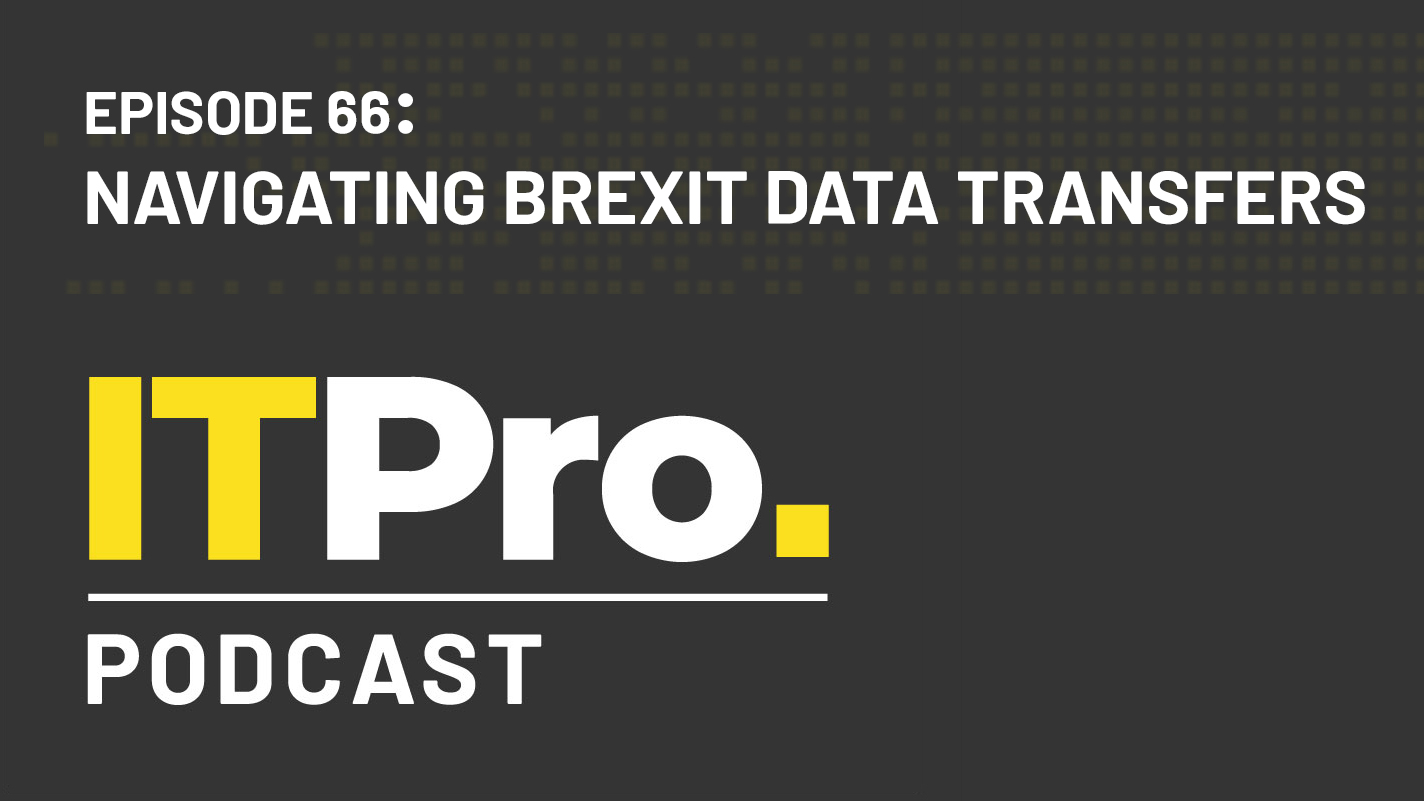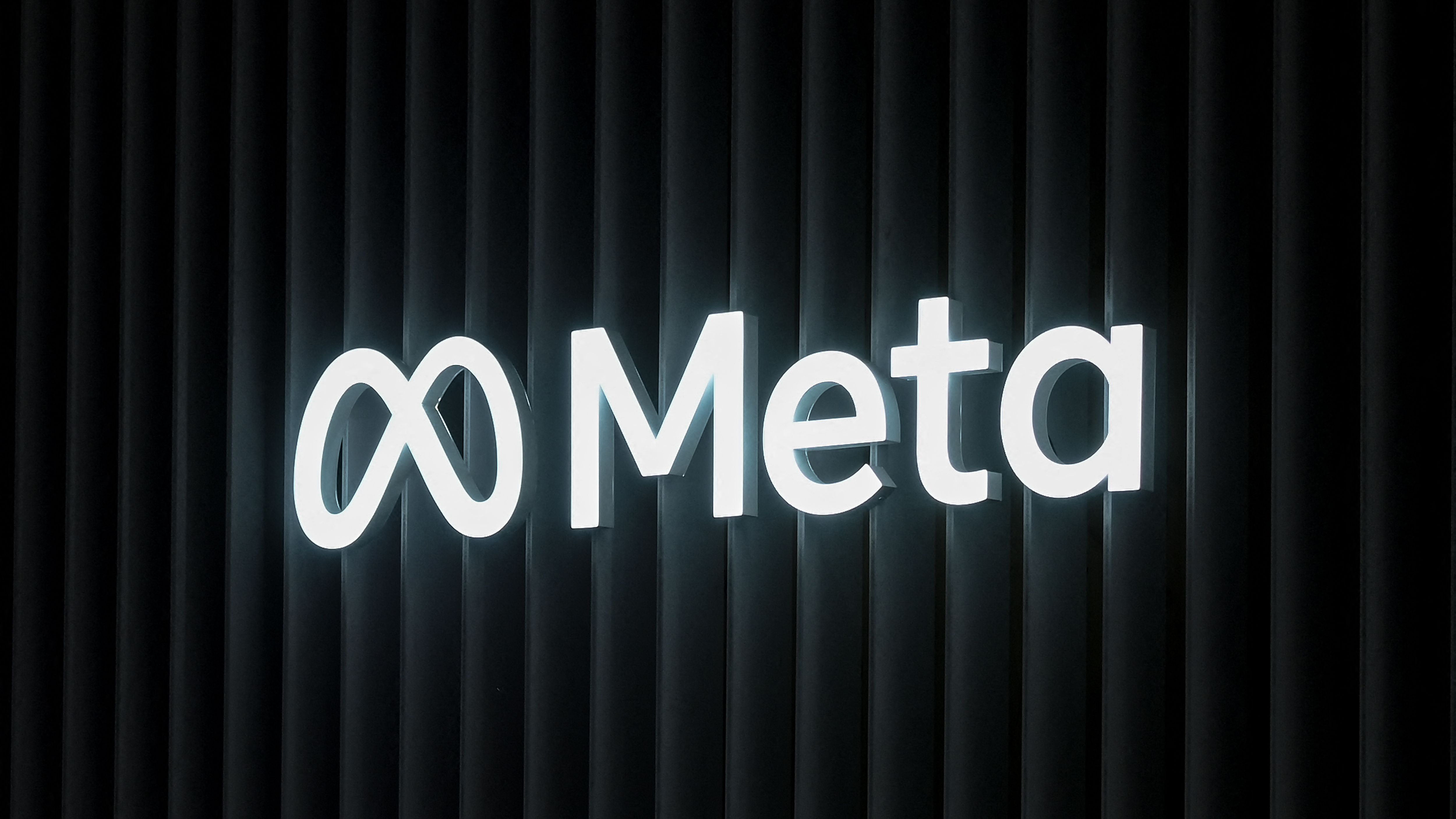EU set to grant UK data adequacy status
The agreement ensuring data flows continue will be reviewed every four years and may be subject to legal challenges


Sign up today and you will receive a free copy of our Future Focus 2025 report - the leading guidance on AI, cybersecurity and other IT challenges as per 700+ senior executives
You are now subscribed
Your newsletter sign-up was successful
The European Union (EU) is set to allow data to flow freely from its territories to the UK after finding that it has comparable data protection laws in place.
This decision, which has been drafted by the European Commission, should be approved imminently, according to the Financial Times (FT), and will prove a huge relief for businesses nervous about the potential disruption to data flows.
Withdrawal from the EU relegated the UK to ‘third country’ status, meaning that data transfers from the EU to the UK would be blocked by default. Only a formal adequacy agreement, which deems the UK as a secure third country, could restore flows.
As part of post-Brexit agreements, however, the EU and the UK arranged a six-month continuity period specifically to allow for time to consider the UK’s data adequacy status.
This agreement, expected to be announced this week, will be continuously reviewed by the EU and will be subject to legal challenges at the European Court of Justice, however.
This means that while the UK’s laws are deemed to be comparable to the EU’s at present, there are no guarantees it’ll retain this status in future should it tweak its laws and strike arrangements with other countries.
RELATED RESOURCE

The IT Pro Podcast: Navigating Brexit data transfers
The transition period is over – what happens now?
Global director of privacy at Veritas Technologies, Mark Keddie, branded this a welcome step for businesses looking to manage their data across the UK and Europe.
Sign up today and you will receive a free copy of our Future Focus 2025 report - the leading guidance on AI, cybersecurity and other IT challenges as per 700+ senior executives
“However,” he continued, “we would advise organisations not to become complacent as this stay of execution could be short-lived.
“As with previous similar agreements, most recently the EU–US Privacy Shield and its predecessor Safe Harbor before, there is a distinct possibility that a Privacy NGO will in the near future bring a legal challenge in the European Court seeking to invalidate any UK data adequacy finding.
“Those businesses that stay focused on maintaining robust data privacy controls and good data hygiene practices will be best suited to manage any future data shocks as the EU-UK relationship develops.”
Keddie was referring to the primary data transfer mechanism between the EU and the US, dubbed Privacy Shield, which was invalidated last year by the European Court of Justice, which deemed it incompatible with GDPR.
Privacy Shield, which was a replacement for the invalidated Safe Harbour Principles, was introduced in 2016 to solve the problem of sending data from the EU to the US given the latter’s relatively invasive surveillance laws.
European figures have hinted that the UK may risk not being granted data adequacy, or losing this status once it has been attained, should it pursue data transfer arrangements with the US. Terms of any agreement between the two nations, subject to examination, may not be compatible with GDPR, the European Data Protection Board (EDPB) warned last year.
The EU’s data adequacy agreement will be reviewed every four years, according to the FT, to ensure it doesn’t compromise the privacy of EU citizens, and will also allow for data transfers on law enforcement matters.

Keumars Afifi-Sabet is a writer and editor that specialises in public sector, cyber security, and cloud computing. He first joined ITPro as a staff writer in April 2018 and eventually became its Features Editor. Although a regular contributor to other tech sites in the past, these days you will find Keumars on LiveScience, where he runs its Technology section.
-
 ITPro Best of Show NAB 2026 awards now open for entries
ITPro Best of Show NAB 2026 awards now open for entriesThe awards are a fantastic opportunity for companies to stand out at one of the industry's most attended shows
-
 Mistral CEO Arthur Mensch thinks 50% of SaaS solutions could be supplanted by AI
Mistral CEO Arthur Mensch thinks 50% of SaaS solutions could be supplanted by AINews Mensch’s comments come amidst rising concerns about the impact of AI on traditional software
-
 AI is “forcing a fundamental shift” in data privacy and governance
AI is “forcing a fundamental shift” in data privacy and governanceNews Organizations are working to define and establish the governance structures they need to manage AI responsibly at scale – and budgets are going up
-
 Fears over “AI model collapse” are fueling a shift to zero trust data governance strategies
Fears over “AI model collapse” are fueling a shift to zero trust data governance strategiesNews Gartner warns of "model collapse" as AI-generated data proliferates – and says organizations need to beware
-
 Tech leaders worry AI innovation is outpacing governance
Tech leaders worry AI innovation is outpacing governanceNews Business execs have warned the current rate of AI innovation is outpacing governance practices.
-
 Top data security trends
Top data security trendsWhitepaper Must-have tools for your data security toolkit
-
 SEC data breach rules branded “worryingly vague” by industry body
SEC data breach rules branded “worryingly vague” by industry bodyNews The new rules announced last week leave many questions unanswered, according to security industry experts
-
 The gratitude gap
The gratitude gapWhitepaper 2023 State of Recognition
-
 Meta sues ‘data scraping for hire’ service that collected info on 600k users
Meta sues ‘data scraping for hire’ service that collected info on 600k usersNews Meta says tackling data scraping will require a “collective effort” from platforms and policymakers
-
 Building a data governance strategy in 2023
Building a data governance strategy in 2023In-depth Data governance will continue to expand as attitudes change and businesses look to optimise the value of their data